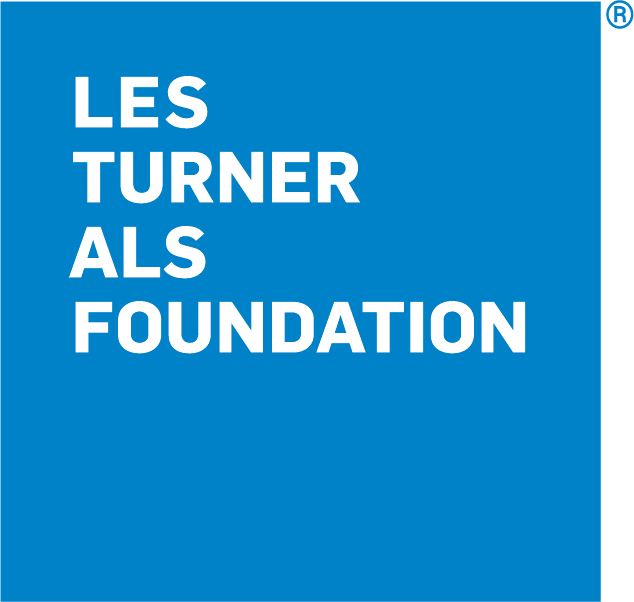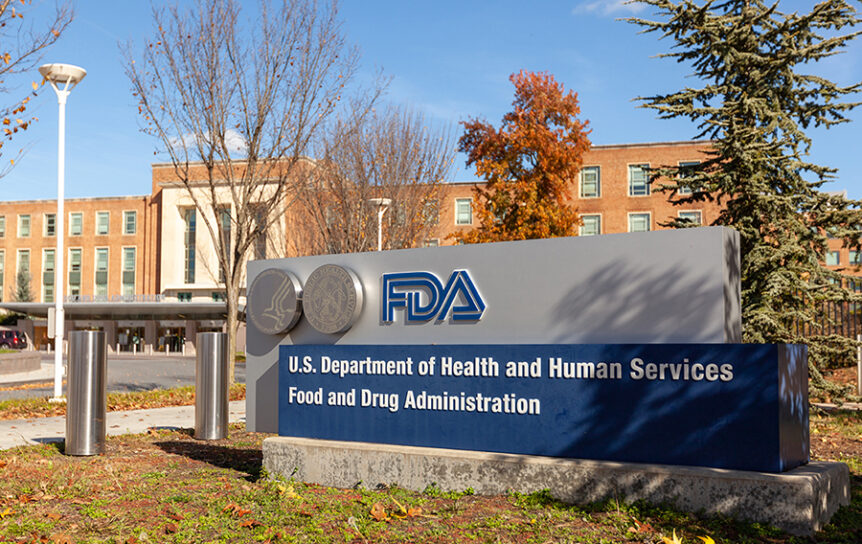On Monday October 17, 2022, the U.S. Food and Drug Administration announced it has awarded 19 new grants and two new contracts totaling more than $38 million in funding over the next four years to support clinical trials, natural history studies and regulatory science tools related to rare diseases. These grants and contracts, funded by the FDA’s Orphan Products Grants Program, aim to advance the development of medical products to treat rare diseases including ALS.
Several awards support the Accelerating Access to Critical Therapies for Amyotrophic Lateral Sclerosis Act (ACT for ALS), which in December 2021, established the FDA Rare Neurodegenerative Disease Grant Program to promote medical product development for rare neurodegenerative diseases. The ACT also requires that the FDA award grants and contracts to public and private entities to cover costs of research, development of products intended to prevent, diagnose, mitigate, treat, or cure ALS and other rare neurodegenerative diseases.
The FDA funds certain natural history studies which look closely at how specific diseases progress over time. One of the studies being done on ALS, which is partially funded by the National Institutes of Health (NIH), has the potential to advance existing knowledge of the history of ALS, inform drug development and possibly support future regulatory decisions.
The FDA also funded two contracts related to rare neurodegenerative diseases. One contract, co-funded by NIH and the FDA, will study whether a physical assessment of ALS patients, which is typically done in a health care professional’s office, can be done remotely to minimize the burden on patients. This can lead to lower clinical trial costs and enable decentralized trials, as well as improve access to trials for patients in rural areas and lower-resource healthcare settings.
The second contract is a landscape analysis of patient preference information (PPI) studies focused on brain-computer interface (BCI) devices. The FDA is interested in BCI devices that communicate with the brain and provide patients, who are no longer able to speak or move, with the ability to interact with their families and health care professionals. The contract will review the literature to determine what is already known about BCI devices and PPI studies in ALS. In total, the FDA and its partners were able to support nearly $6 million in research and science to advance the mission of the ACT for ALS Act.
Earlier this year, the FDA announced the agency’s Action Plan for Rare Neurodegenerative Diseases, including ALS – a five-year plan to further the development of safe and effective medical products and facilitate patient access to novel treatments. The plan was developed in accordance with the ACT for ALS Act.


